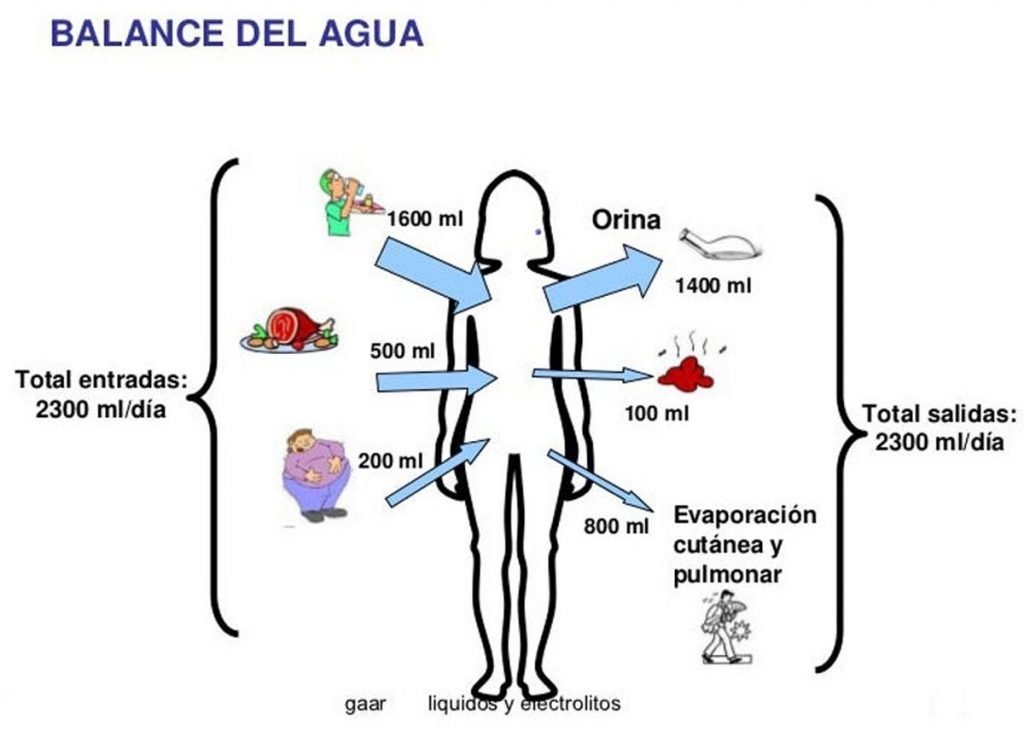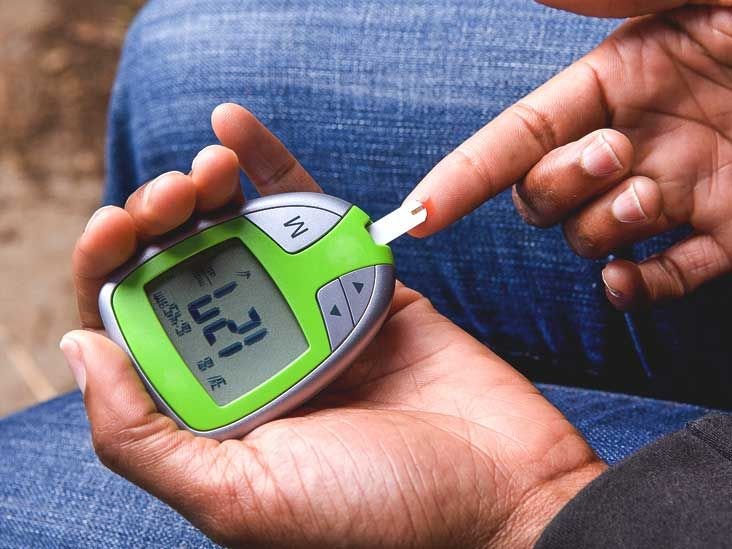Simple Nursing Fluid and Electrolytes Guide: Quick Reference
✅Master fluid and electrolytes effortlessly with Simple Nursing’s Quick Reference Guide! Essential, concise, and perfect for rapid review!
Understanding fluids and electrolytes is crucial for nursing professionals as they play a vital role in maintaining homeostasis in the body. This quick reference guide will provide a simplified overview of key concepts related to fluid and electrolyte balance, which is essential for patient care in various clinical settings.
In this detailed guide, we will cover the basics of fluid compartments, common electrolytes and their functions, and the clinical implications of electrolyte imbalances. Additionally, we will provide practical tips for monitoring and managing these imbalances effectively.
Fluid Compartments
The human body is composed of several fluid compartments:
- Intracellular Fluid (ICF): This is the fluid contained within cells, making up approximately 60% of the total body water.
- Extracellular Fluid (ECF): This includes all body fluids outside the cells, accounting for about 40% of the total body water. ECF is further divided into:
- Interstitial Fluid: Fluid between cells.
- Intravascular Fluid: Fluid within blood vessels.
- Transcellular Fluid: Minor fluid compartments like cerebrospinal fluid, synovial fluid, etc.
Key Electrolytes and Their Functions
The main electrolytes in the body and their primary functions include:
- Sodium (Na+): Regulates fluid balance and is crucial for nerve and muscle function.
- Potassium (K+): Essential for muscle contraction and nerve signaling.
- Calcium (Ca2+): Important for bone health, muscle function, and nerve transmission.
- Magnesium (Mg2+): Involved in over 300 biochemical reactions, including muscle and nerve function.
- Chloride (Cl–): Helps maintain fluid balance and is a component of stomach acid.
- Phosphate (PO43-): Vital for energy production and bone health.
Clinical Implications of Electrolyte Imbalances
Electrolyte imbalances can have significant clinical implications, including:
- Hyponatremia: Low sodium levels can lead to confusion, seizures, and coma.
- Hyperkalemia: High potassium levels can cause cardiac arrhythmias and muscle weakness.
- Hypocalcemia: Low calcium levels can result in tetany, muscle cramps, and cardiac issues.
- Hypermagnesemia: High magnesium levels can lead to respiratory depression and cardiac arrest.
Practical Tips for Monitoring and Managing Electrolyte Imbalances
To effectively manage fluid and electrolyte imbalances, consider the following tips:
- Regular Monitoring: Routinely check electrolyte levels through blood tests to detect imbalances early.
- Patient Assessment: Observe for clinical signs and symptoms of electrolyte disturbances, such as edema, muscle cramps, or changes in mental status.
- Fluid Management: Administer IV fluids as prescribed and monitor fluid intake and output to ensure proper balance.
- Medication Administration: Administer electrolytes or medications to correct imbalances, following physician orders and guidelines.
- Education: Educate patients on dietary sources of key electrolytes and the importance of maintaining a balanced diet.
Importancia de los Electrolitos en el Funcionamiento Corporal
Los electrolitos desempeñan un papel crucial en el equilibrio y el funcionamiento adecuado del cuerpo humano. Estas sustancias químicas, como el sodio, potasio, calcio, magnesio, cloruro, fosfato y bicarbonato, son responsables de regular la hidratación, el pH, la contracción muscular, la transmisión nerviosa y muchas otras funciones vitales en el organismo.
El mantenimiento de un adecuado equilibrio de electrolitos es esencial para la salud general y el bienestar. Por ejemplo, el sodio y el potasio son fundamentales para la función celular y la transmisión de impulsos nerviosos. Un desequilibrio en estos electrolitos puede provocar desde calambres musculares hasta problemas cardíacos graves.
Importancia de la Hidratación y los Electrolitos en Atletas
En el caso de los atletas, es crucial mantener un equilibrio adecuado de electrolitos para un rendimiento óptimo. Durante el ejercicio intenso y la sudoración, el cuerpo pierde no solo agua, sino también electrolitos clave como el sodio y el potasio. La reposición adecuada de estos electrolitos es fundamental para prevenir la deshidratación y el agotamiento, así como para mejorar la recuperación muscular.
Algunas bebidas deportivas están formuladas específicamente para reponer los electrolitos perdidos durante la actividad física. Estas bebidas pueden ser una herramienta útil para los atletas que buscan mantener un equilibrio adecuado de electrolitos y maximizar su rendimiento deportivo.
Consejos para Mantener un Equilibrio de Electrolitos
- Hidratación: Beber suficiente agua es esencial para mantener el equilibrio de electrolitos en el cuerpo.
- Dieta balanceada: Consumir alimentos ricos en potasio, como plátanos y espinacas, y moderar el consumo de sodio puede ayudar a mantener un equilibrio adecuado de electrolitos.
- Suplementación: En casos de deficiencia de electrolitos diagnosticada por un profesional de la salud, se pueden recetar suplementos para restaurar los niveles adecuados.
Comprender la importancia de los electrolitos en el funcionamiento corporal y tomar medidas para mantener un equilibrio adecuado de estas sustancias es fundamental para la salud y el rendimiento en diversas situaciones, desde la vida diaria hasta el ámbito deportivo.
Cómo Identificar y Tratar los Desequilibrios de Fluidos
Understanding how to identify and treat fluid imbalances is crucial in the field of nursing. Proper management of fluid and electrolyte levels is essential for maintaining the body’s homeostasis and ensuring optimal health outcomes for patients.
Fluid imbalances occur when there is an excess or deficit of water in the body, leading to conditions such as dehydration or fluid overload. Nurses play a key role in monitoring patients’ fluid intake and output to detect any abnormalities and intervene promptly.
Common Signs of Fluid Imbalances:
- Dehydration: Symptoms include dry mouth, decreased urine output, and dark-colored urine.
- Fluid Overload: Signs may include edema (swelling), shortness of breath, and rapid weight gain.
When treating fluid imbalances, nurses must collaborate with healthcare providers to develop a tailored plan for each patient. This plan may involve adjusting fluid intake, administering intravenous fluids, or prescribing diuretics to help restore balance.
Case Scenario:
Consider a patient admitted with severe diarrhea and vomiting. This individual is at risk of dehydration due to fluid loss. As a nurse, it is crucial to closely monitor the patient’s fluid status, electrolyte levels, and vital signs to prevent complications.
By staying vigilant and implementing appropriate interventions, nurses can effectively manage fluid imbalances and contribute to the overall well-being of their patients.
Frequently Asked Questions
What are electrolytes?
Electrolytes are minerals in your body that have an electric charge. They are essential for various bodily functions, including nerve and muscle function, hydration, and balancing blood acidity levels.
Why is maintaining electrolyte balance important?
Maintaining electrolyte balance is crucial for proper body functioning. Imbalances can lead to symptoms like muscle cramps, fatigue, irregular heartbeat, and even more severe complications.
How can I ensure I have proper electrolyte levels?
You can maintain proper electrolyte levels by staying hydrated, eating a balanced diet rich in fruits and vegetables, and avoiding excessive consumption of sugary or caffeinated beverages.
What are common symptoms of electrolyte imbalances?
Common symptoms of electrolyte imbalances include muscle weakness, twitching, cramps, confusion, irregular heartbeat, and fatigue.
Can certain medical conditions affect electrolyte levels?
Yes, medical conditions like kidney disease, heart failure, and diabetes can impact electrolyte levels in the body and may require special attention and monitoring.
| Key Points |
|---|
| Electrolytes are minerals with electric charges essential for body functions. |
| Maintaining electrolyte balance is crucial for proper bodily function. |
| Common symptoms of electrolyte imbalances include muscle cramps and irregular heartbeat. |
| Proper hydration and a balanced diet are essential for maintaining electrolyte levels. |
| Medical conditions like kidney disease can affect electrolyte levels. |
We hope these FAQs have provided helpful insights into fluid and electrolyte balance. If you have any more questions or need further information, please leave a comment below. Don’t forget to check out our other articles for more valuable content!






